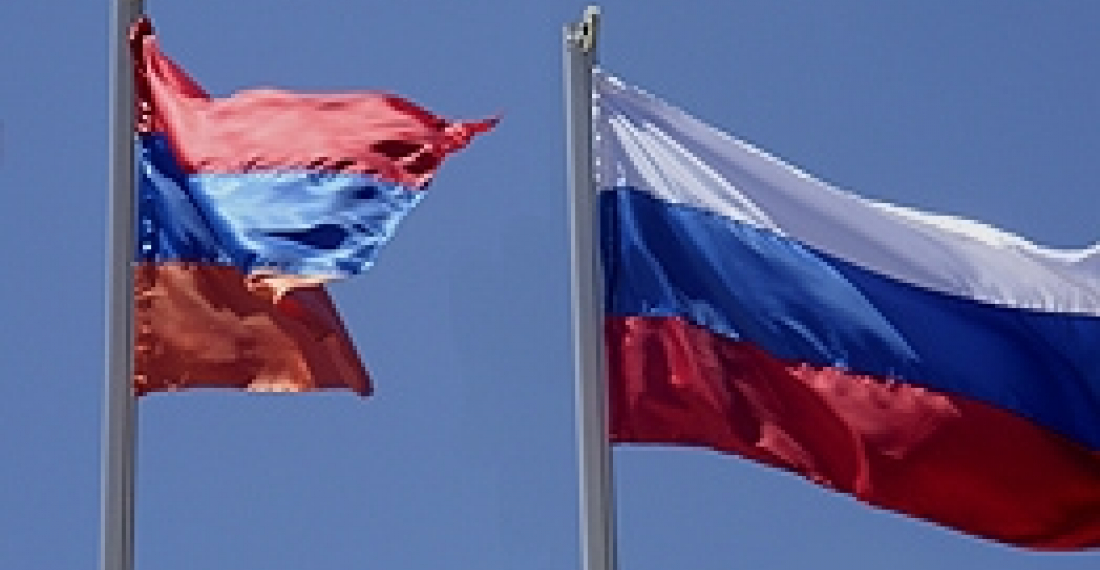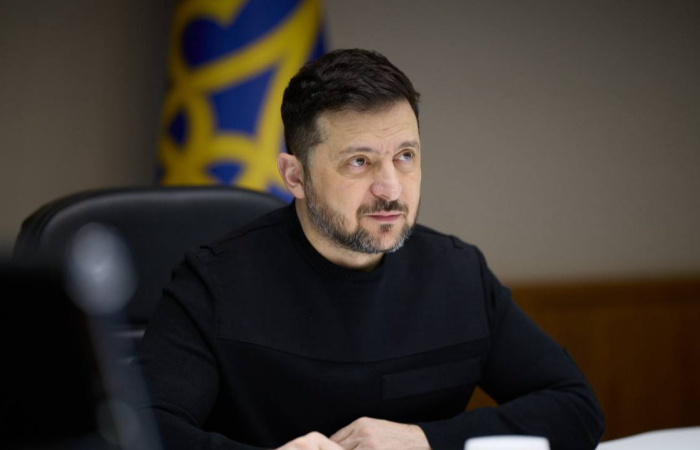The lack of consolidation and stability in the South Caucasus harms the economic interests of Russia and Armenia. This is the very problem Russia is trying to solve when building relations with Azerbaijan and Turkey, Rector of the Academy of Labor and Social Relations Yevgeny Kozhokin said during a Moscow-Yerevan video bridge on Thursday.
For the same reason, Russia's relations with those countries will never damage its ties with Armenia. Armenian-Russian relations have no alternative and are based on mutual interest.
Director of the Caucasus Institute Alexander Iskandaryan said that Armenian-Russian relations will hardly ever worsen. "Russia is a security umprella for Armenia. No other security system would care to
come to such a complicated region to do the things Russia does in the framework of the Collective Security Treaty. Russia needs Armenia as without Armenia it will lose the whole South Caucasus," Iskandaryan said.







